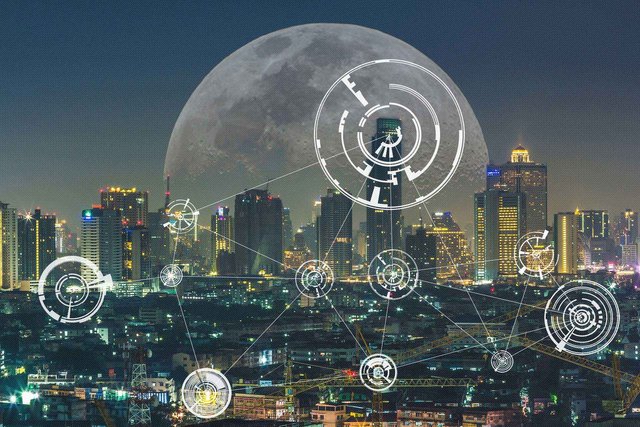Learn about the number of Internet users around the globe in 2018

As the year of 2018 marks a milestone in the process of communication and the use of the Internet globally, with the approaching end of this year, which is nearing completion, international estimates revealed that more than half of the world's population are using the Internet thanks to the record increases achieved by the African continent in this regard.
Many of the developments in the world in the field of communications and the Internet is due to the achievements of the African continent of world record records during the last decade is superior to the rates of growth on other continents and regions of the world, the continent has achieved a rapid jump in the use of the Internet from just 1.2% In 2005 to reach more than 24% in 2018.
For the first time, the world has seen more than half of the world's Internet users, according to the International Telecommunication Union (ITU), which estimates that more than 3.9 billion people, 51 percent of the world's population, will be able to use the Internet.
Of these, 90 percent have 3G or high-speed networking capabilities, while 96 percent of the world's population is currently living in mobile network orbits.
In its latest reports, the International Telecommunication Union (ITU) says that the number of homes with computers also increased in 2018 by 2.9 percent from 3.6 percent in 2005, pointing out that similar growth in developing countries with Internet penetration rates of 3.45 percent The end of 2018 compared to 7.7% in 2005.
In the view of the International Federation as the meaning of the use of telecommunications networks, the Internet and mobile phones worldwide, that the world exceeded the 50% in the use of the Internet is a historic event and important at the same time as it reflects not only numbers of people who are able to use the Internet and access, They can also access key services electronically, including education and health care.
While the levels of penetration and penetration of the Internet are rising in many parts of the world, the question of cost savings and affordability among users remains a worthy issue, from ITU's point of view, particularly in Africa. Research published by " That the African continent is experiencing the highest cost of mobile phone packages in which the prices of Gigabytes up to $ 35, which means that users have to allocate about 5.5% of their monthly income to buy Internet packages, which is more than 2% of the monthly gross income Defined by the "Committee of Alt (UNSAR), established in 2010 as a joint initiative of the International Telecommunication Union (ITU) and UNESCO to promote Internet connectivity, particularly broadband networks, for the achievement of United Nations development goals.
Another issue highlighted by the Union is that the issue of Internet speeds, which have been very slow, is less than the average international rates of more than 10 megabits per second, which allows consumers and customers to participate effectively and fully in the digital economy.
The report of the International Telecommunication Union (ITU) reveals that part of the problem lies with governments that do not allow remote, rural and poor areas to be linked even if funding capacity is available to do so in practice. But with increased private funding and access to fiber optic cable (FIB) networks, millions of people will have access to affordable and affordable Internet services.